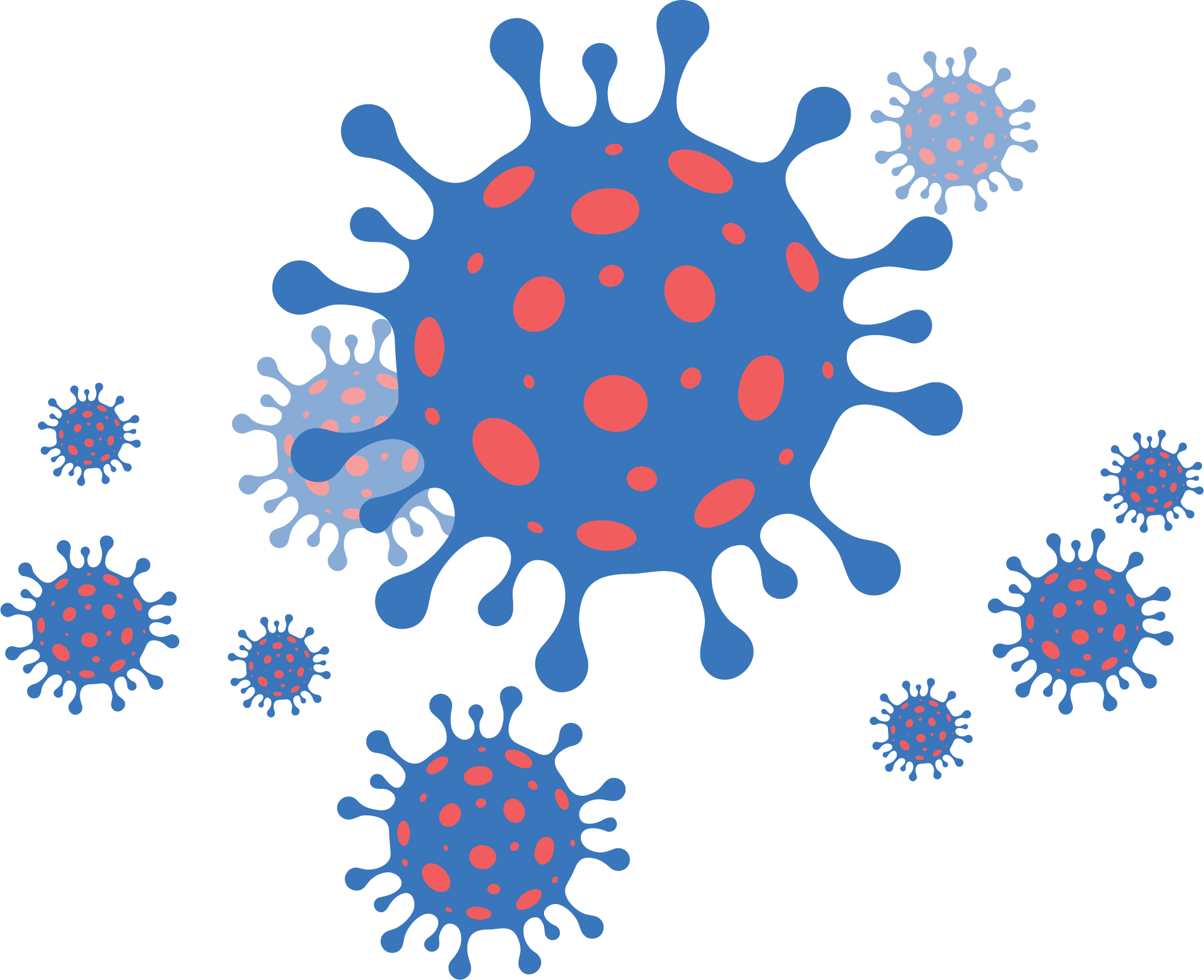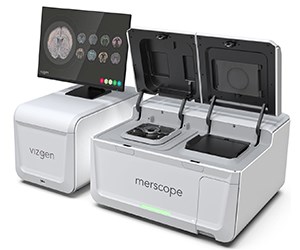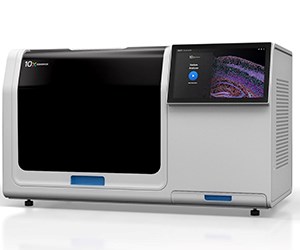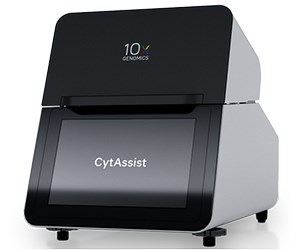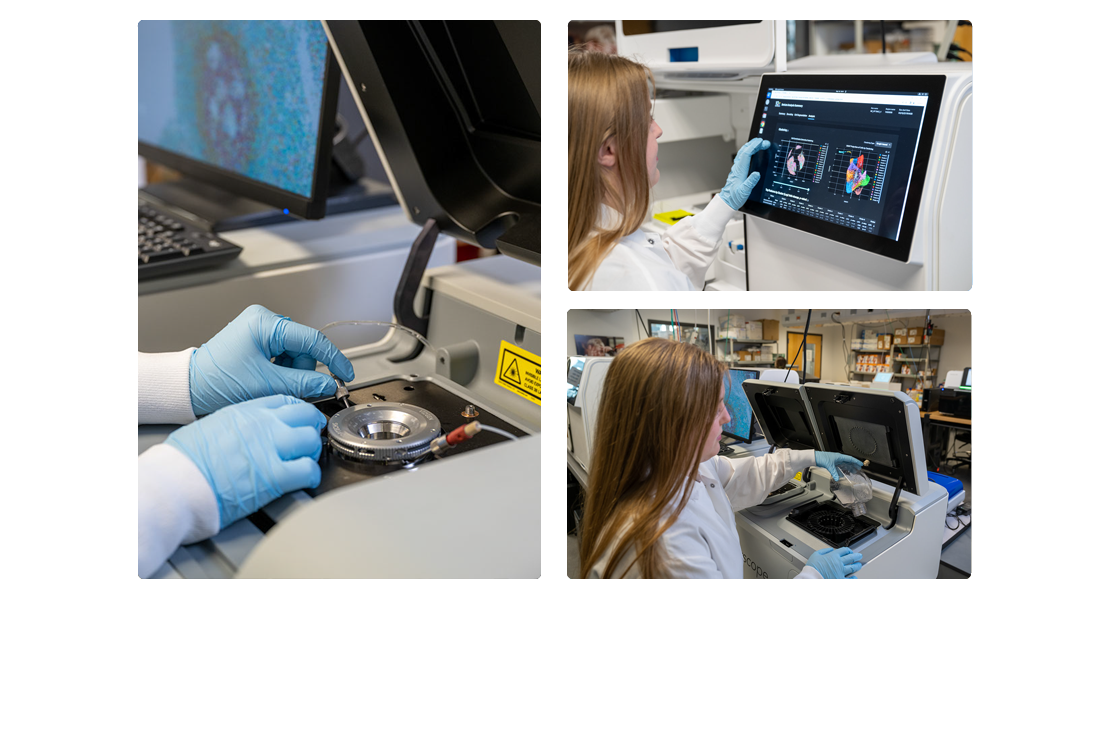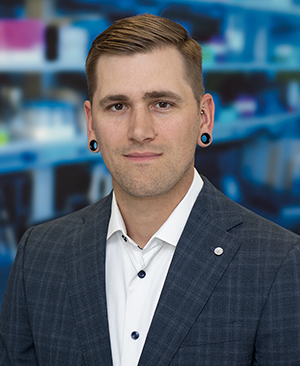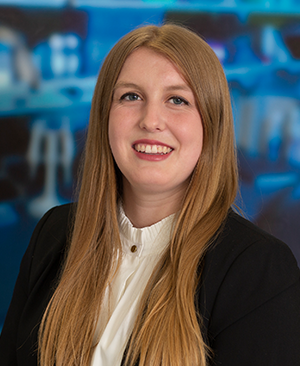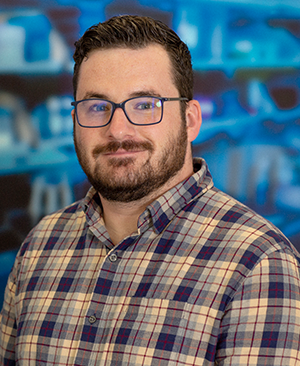TGen's Center for Spatial Multi-Omics (COSMO)
Mapping your samples, one molecule at a time!
TGen always strives to be at the forefront of new research technologies. At the TGen's Center for Spatial Multi-Omics (COSMO), we want to help you dive into the world of spatial biology! By offering a variety of services and instrument options, we allow you to visualize your samples in brand new ways. With spatial transcriptomics, you can profile the expression of a large tissue at sub-cellular RNA resolution. Investigate individual cells while preserving cellular niches and anatomical structures for histological analyses.
